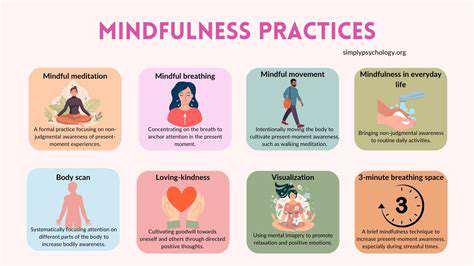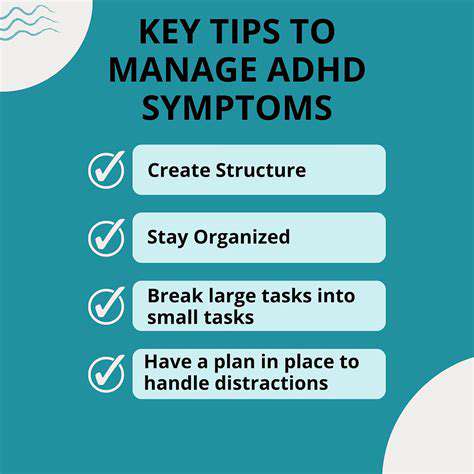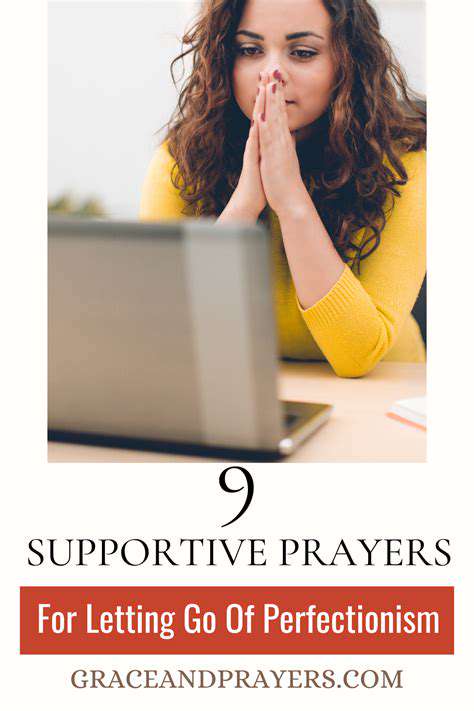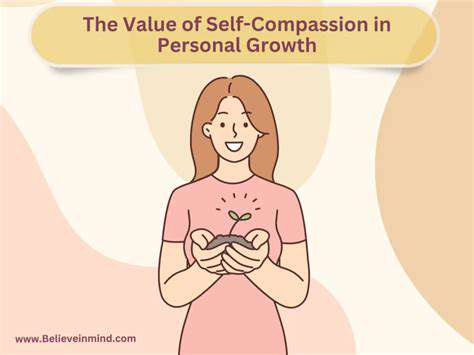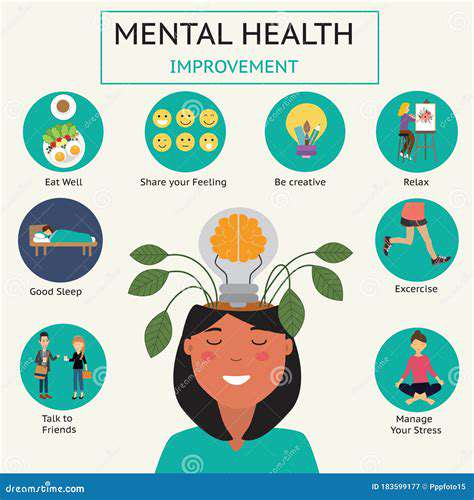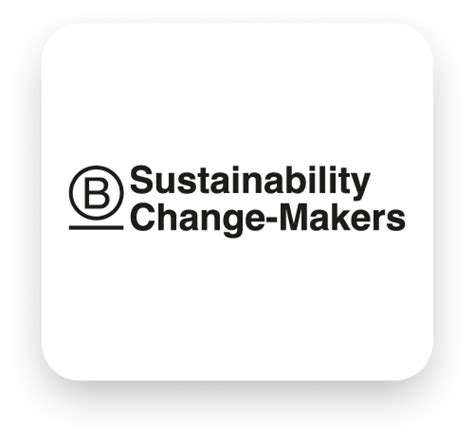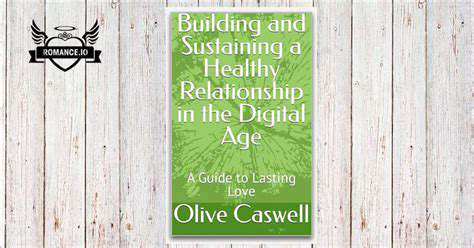Personalized Resilience Building: A Sustainable Approach to Life's Ups and Downs
Identifying Your Personal Resilience Profile
Understanding Your Baseline Resilience
To truly grasp your resilience profile, begin by examining how you naturally respond to life's difficulties. This means taking an honest look at whether you recover swiftly from hardships or need more time to regroup. Your instinctive coping methods—whether tackling problems head-on or leaning on others—form the bedrock of your resilience. This self-awareness isn't just insightful; it's essential for recognizing where you might need to grow stronger.
Reflect on past challenges. Which situations brought out your best coping skills? Conversely, when did you feel completely overwhelmed? Spotting these patterns helps you anticipate future stress points and prepare accordingly. This thoughtful examination is the cornerstone of creating a resilience strategy tailored just for you.
Recognizing Your Stressors
Pinpointing what specifically drains your emotional reserves is vital. Do conflicts with others leave you exhausted? Does an overflowing inbox make your chest tighten? Identifying these personal triggers transforms them from vague anxieties into concrete challenges you can address.
Stress affects everyone differently. What overwhelms one person might energize another. The power comes from knowing exactly which situations test your limits—this knowledge lets you develop precise defenses against your unique stressors.
Assessing Your Coping Mechanisms
Everyone has go-to methods for handling stress. Maybe you make lists to feel in control, call a friend to vent, or lose yourself in video games. The question isn't just what you do, but whether it truly helps or just delays the inevitable.
Some coping strategies are like band-aids—they cover the wound but don't promote healing. Others are more like physical therapy—uncomfortable at first but strengthening over time. Honestly evaluating your current methods reveals where you might need better tools.
Evaluating Your Support System
Resilience isn't a solo act. Think about who you can count on after a terrible day. True support means more than having people around—it's about having those who truly understand and can help carry your burdens.
A strong support network acts like shock absorbers on a bumpy road. These relationships don't just comfort you—they can literally change how your body handles stress. Nurturing these connections might be the most important resilience investment you can make.
Identifying Your Strengths and Weaknesses
We all have natural talents that help us weather storms. Maybe you're great at finding solutions, or perhaps you stay calm when others panic. These innate abilities are your personal resilience superpowers.
But we all have weak spots too. Maybe you struggle with uncertainty or take criticism too personally. Admitting these vulnerabilities isn't weakness—it's the first step toward turning them into strengths. This balanced self-view creates a roadmap for building comprehensive resilience.
Developing a Personalized Resilience Plan
With all this self-knowledge, you're ready to craft your resilience blueprint. This isn't about generic advice—it's about creating strategies that fit your life like a tailored suit. Maybe you'll schedule weekly check-ins with a mentor, or practice five minutes of deep breathing each morning.
Remember, resilience isn't static. Your plan should evolve as you do, incorporating new insights and adapting to life's changes. This living document becomes your personal guide through whatever challenges come your way.
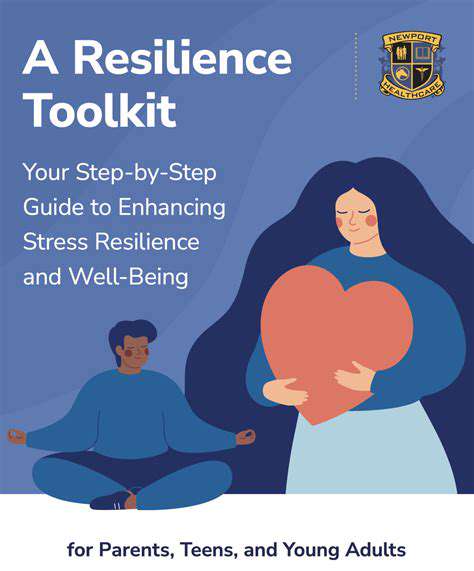
Nurturing a Growth Mindset and Positive Self-Talk
Cultivating a Growth Mindset
Adopting a growth mindset transforms how you face challenges. Instead of seeing difficulties as threats, you begin viewing them as opportunities to expand your abilities. This shift means understanding that skills aren't fixed—they can be developed through persistent effort. Mistakes stop being failures and become valuable feedback instead.
This perspective isn't about blind optimism. It's about recognizing that struggle often precedes growth, and that temporary setbacks don't define your potential. When you focus on progress rather than perfection, you build the mental flexibility that characterizes truly resilient people.
The Power of Positive Self-Talk
Your inner voice constantly shapes your reality. Negative self-talk acts like an anchor, while positive self-talk becomes the wind in your sails. Simple shifts in language—from I can't handle this to I'll handle this one step at a time—can dramatically change your emotional experience.
Consistent positive self-talk creates what psychologists call an internal secure base. This mental safe space allows you to venture into challenging situations knowing you have your own back. Over time, these constructive thought patterns become automatic, providing constant emotional support.
Strategies for Implementing Positive Self-Talk and a Growth Mindset
Changing thought patterns requires deliberate practice. Start by noticing your automatic negative thoughts—write them down and consciously rewrite them in a more constructive way. For example, I always mess up becomes I'm learning from every experience.
Surround yourself with growth-minded people. Their attitudes will subtly influence your own thinking patterns. Consider keeping a growth journal where you record challenges faced, lessons learned, and progress made. This tangible record helps cement your new mindset.
Building Sustainable Habits for Long-Term Resilience
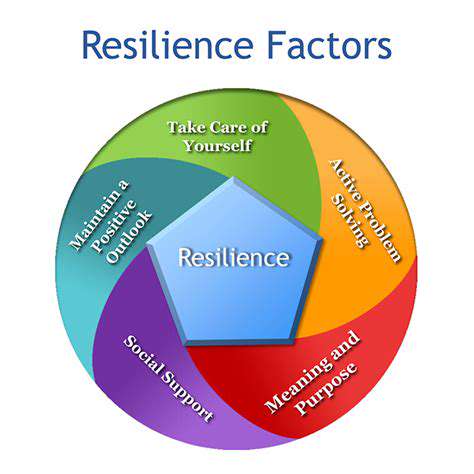
Understanding the Foundation of Sustainable Habits
Lasting change comes from small, consistent actions aligned with your deeper values. Forget dramatic overhauls—focus instead on identifying the routines that naturally fit your lifestyle and personality. The habits that stick are those that solve real problems in your daily life.
Defining Clear and Specific Goals
Vague intentions produce vague results. Transform be less stressed into concrete actions like practice 5 minutes of meditation before breakfast. This specificity removes guesswork and makes progress measurable. Each small success builds confidence for bigger challenges.
Creating a Supportive Environment
Your surroundings constantly influence your behavior. Want to exercise more? Lay out your workout clothes the night before. Trying to eat healthier? Keep fruit visible on the counter. These environmental cues work silently but powerfully to steer you toward better habits.
Implementing Gradual Changes
Human brains resist sudden changes. Start with versions of new habits so small they seem trivial—two minutes of stretching, one page of reading. These micro-habits bypass resistance while establishing the neural pathways for more substantial changes later.
Tracking Progress and Celebrating Milestones
Visible progress fuels motivation. Use a simple calendar to mark each day you complete your new habit—the unbroken chain becomes its own reward. Celebrate small wins—they're proof your efforts are working.
Overcoming Challenges and Setbacks
Everyone misses a day sometimes. The difference between success and failure isn't perfection, but persistence. When you slip up, treat yourself with the same compassion you'd show a friend—then get back on track.
Building a Long-Term Mindset
Sustainable habits require patience. Focus on becoming the kind of person who maintains these behaviors, not just on checking boxes. Over time, these small daily actions compound into remarkable transformations.
Read more about Personalized Resilience Building: A Sustainable Approach to Life's Ups and Downs
Hot Recommendations
- AI Driven Personalized Sleep Training for Chronic Insomnia
- AI Driven Personalization for Sustainable Stress Management
- Your Personalized Guide to Overcoming Limiting Beliefs
- Understanding Gender Dysphoria and Mental Health Support
- The Power of Advocacy: Mental Health Initiatives Reshaping Society
- Building a Personalized Self Compassion Practice for Self Worth
- The Ethics of AI in Mental Wellness: What You Need to Know
- AI Driven Insights into Your Unique Stress Triggers for Personalized Management
- Beyond Awareness: Actionable Mental Health Initiatives for Lasting Impact
- Creating a Personalized Sleep Hygiene Plan for Shift Workers

